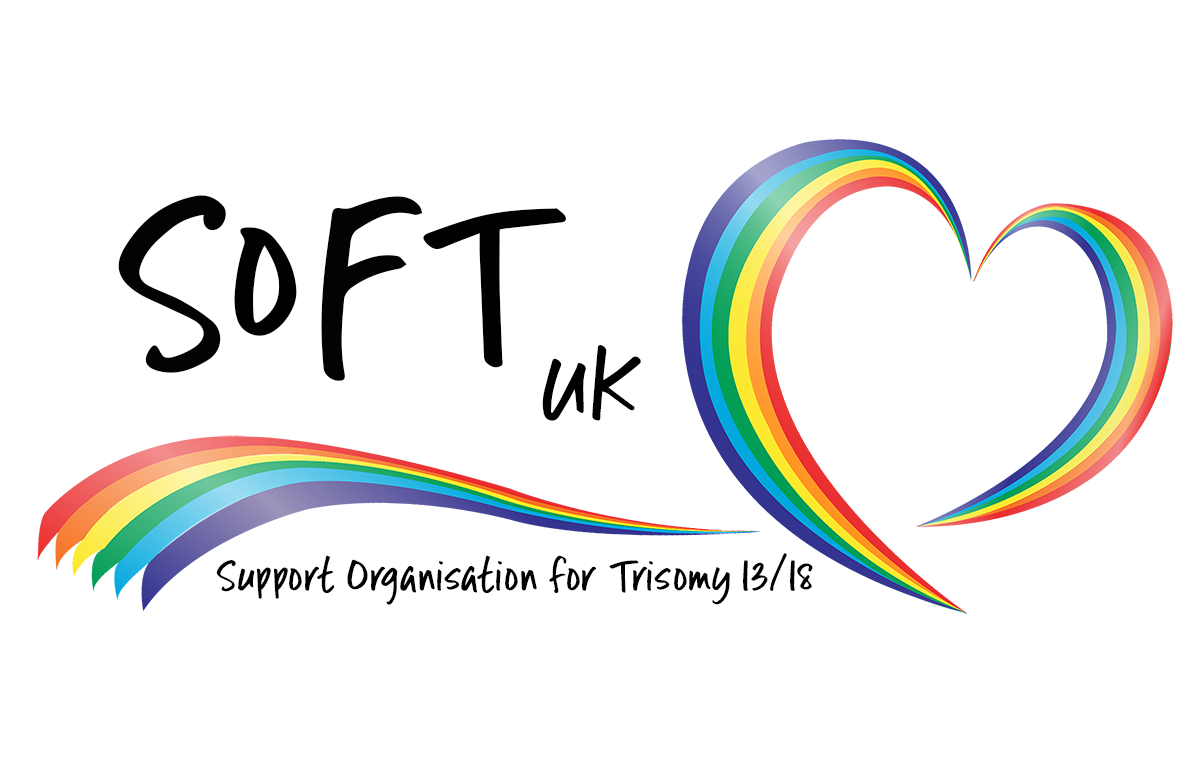If you decide to continue with your pregnancy, there are many things you may wish to consider. Carrying a baby with Trisomy 13 or Trisomy 18 may mean:
* there is an increased risk of premature labour
* the baby may be miscarried, stillborn, or die shortly after birth
*your child could surprise you with their strength and resilience
* you may experience a love and joy that only a child can bring
*you may experience a new depth of love and meaning to your family
While there may be challenges ahead, there are also many positive aspects to consider. It's important to have a support system in place, including medical professionals who understand the unique needs of your child and can provide the care and guidance necessary to help them thrive. Cherish this precious time and know that you are not alone - there are many resources and support networks available to you and your family.
As you do not know how long the pregnancy will continue and/ or how long your child will live, you will need positive support from medical staff, family and friends.
Discuss Possible Outcomes:
Once you have accepted the loss of your expected child and your dreams for their future, you can prepare to welcome a very special baby and will want to discuss possible problems and outcomes with the paediatrician. If you have other children you need to explain the baby will be poorly and may not be able to come home. Have a look at our page of resources for siblings here.
Help During Pregnancy:
Having a supportive network of family, friends, and peers from organizations like SOFT UK can make a world of difference. They can offer emotional support, help spread the news, and take care of explaining the situation to others. It's important to have people who understand the gravity of the situation and are willing to listen and be there for you. However, it's not helpful when people try to dismiss your concerns by saying everything will be alright. Having an advocate or someone who is less emotionally involved with you during meetings with healthcare professionals can be helpful in ensuring that you remember important details and are able to ask all the necessary questions.
The Birth:
Your birth plan should take account of decisions that may need to be made quickly, such as an emergency Caesarian section for fetal distress. Doctors no longer assume the long term prognosis justifies non-intervention, and some parents will want to do all they can to enhance whatever chance the baby has of even limited length and quality of life. This can include opting for a Caesarian, or letting nature take its course.
What Will My Baby Look Like?
Many newborn babies with Trisomy 13 or Trisomy 18 look like any other new infant to their parents, but it is common for babies to have a light birth weight, slightly lower than normal ears, clenched fists, unusual palm and fingertip patterns, and slower or absent reflexes. Some babies have other noticeable problems associated with these conditions. These may include a cleft lip, club foot, defects of the abdomen or eyes. Detailed ultrasound scans may detect these and allow parents to be prepared and make provisional plans with the paediatrician before the birth.
Useful Resources
SOFT UK has created a booklet to help guide you through different stages in your pregnancy. The booklet can be found here.
